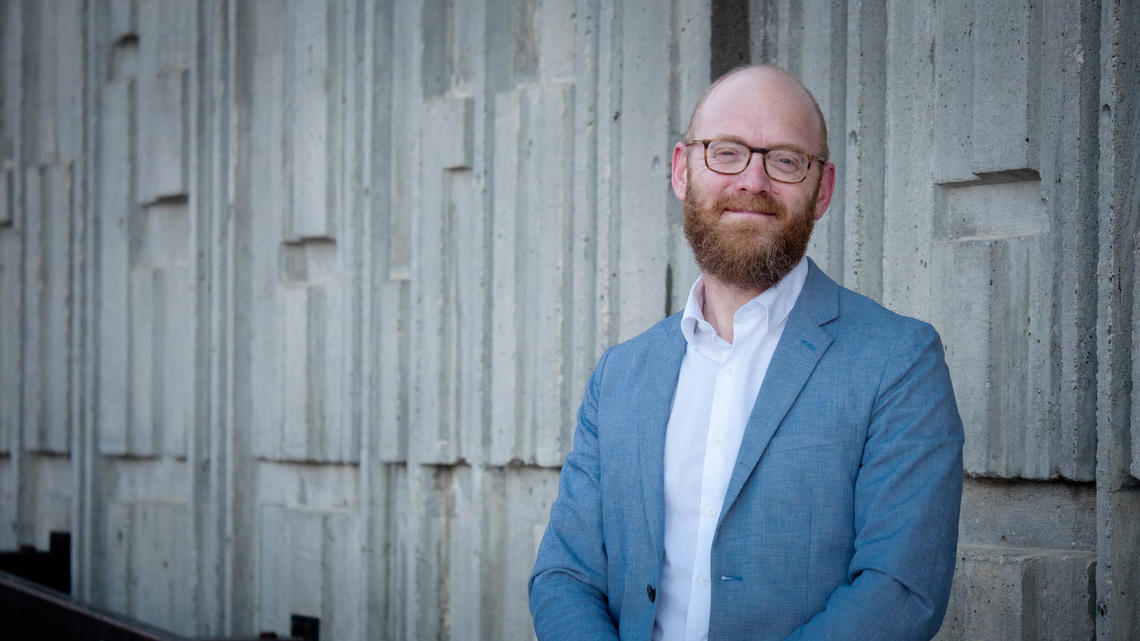April 12, 2021
What We Are Learning This Week with Dr. Joshua Goldstein

April 12, 2021 in POLI 505/605 Sexual Ethics
Dr. Joshua Goldstein is exploring contemporary French philosopher Luce Irigaray on recovering the idea of “woman” from a universe of meaning created by men, the organization of the body and its philosophic importance, and the need to rethink the meaning of being together in love.
What else do you cover in your course?
In this seminar, each week (more or less), we take a snapshot of key thinkers and ideas in the development of Western thinking about sexual ethics—that is, how we think about sex, love, desire, the body, friendship, sexual agency, and what makes these things (and many more) worthy or not of being part of our lives.
We begin the seminar with the Marquis de Sade’s Philosophy in the Boudoir because of the way it attempts—in the frankest way possible!—to radically overturn every value, institution, and significance we commonly give to our sexual world. Then, we turn back the clock, so to speak, to examine how and why the basic philosophic terms for making sense of sexual ethics came to be through Augustine, Thomas Aquinas, John Milton, and Mary Astell. From there, we look at the building of our modern world of sexual ethics through Immanuel Kant, J.S. Mill, and our contemporary world with the new natural law theory, Michel Foucault, Judith Butler… and ending with Luce Irigaray, of course!

How did you come to develop this course?
The germ of the idea for the course arrived when I first had kids—now they’re university-aged! Like any good political philosopher, I wanted to figure out the relationship between the family, love, children, and human fulfillment. Of course, we feel that these things are important… but feelings aren’t reasons (no matter how much they might be bound up with reasons). So, much later, I finally decided to propose a history of Western political thought seminar which looked at how we’ve thought about these issues (and more) beginning from the Greeks onwards. The course has gone through a bunch of versions over the years, though. After a while, I removed the ancient Greeks and gave them their own lecture course (POLI 406 Greek Love and Wisdom), and added in the Marquis de Sade, tried some liberal thinkers like John Rawls and Martha Nussbaum, but have switched them out recently for thinkers, like Butler and Irigaray. Every course is a work in progress!
Finally, what other courses would you recommend for students interested in this topic?
Any of our political philosophy courses will help students learn to think deeply about our world, but those who specifically interested in sexual ethics particularly might like Dr. Regina Cochrane’s POLI 417 Feminist Political Theory, my own POLI 406 Greek Love and Wisdom, or courses in Philosophy department such as PHIL 259 Sex, Love and Death or PHIL 337 Philosophy, Feminism and Gender. Students should also check out the courses associated with the new Gender and Sexuality Studies program in the Faculty of Arts.
Our Thanks to Dr. Joshua Goldstein for sharing your course with us.
